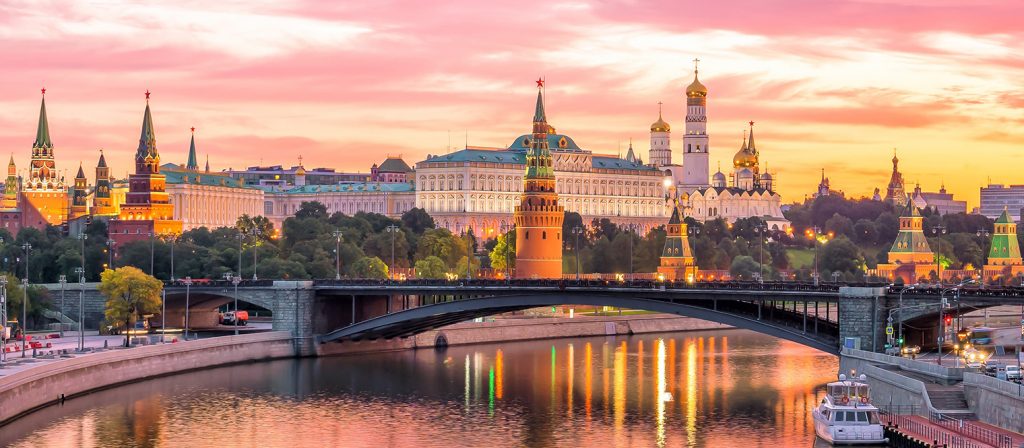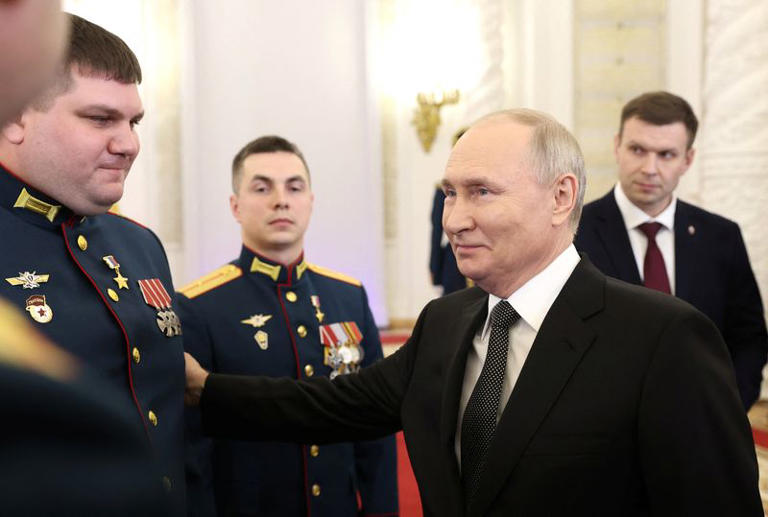Putin’s Run for President in 2024 and Beyond
In a move that reverberated through global politics, Vladimir Putin, Russia’s enigmatic leader, declared his intention to seek the presidency once again in the upcoming 2024 election. This announcement, made with significant implications for Russia‘s political landscape and international relations, raises pertinent questions about the future trajectory of the country and its role on the global stage.
Putin’s decision to run for another term marks a pivotal moment in Russian politics, extending his tenure as the most influential figure in the country. Having served as either president or prime minister for more than two decades, his reemergence in the electoral arena signals continuity in his grip on power. With his firm control over Russia’s political machinery, Putin’s candidacy solidifies the ongoing dominance of his leadership in shaping the nation’s policies and direction.
Critics view Putin’s prolonged stay in power as a potential impediment to democratic progression in Russia. Concerns over a lack of political plurality, freedom of speech, and fair electoral practices have surfaced repeatedly, drawing criticism from both domestic and international observers. His return for another term could further entrench these apprehensions, leading to debates over the consolidation of power and the state of democracy within Russia.
Simultaneously, Putin’s candidacy holds significant implications beyond Russia’s borders. The global community closely watches Russia’s political landscape due to its influential role in geopolitics. Tensions between Russia and Western nations, especially over issues like Ukraine, Syria, and cybersecurity, have characterized recent years. Putin’s return might perpetuate these geopolitical standoffs or potentially pave the way for diplomatic recalibration.
Furthermore, Putin’s domestic policies have shaped Russia’s economic and social fabric. His leadership has navigated the country through various economic challenges, maintaining stability amidst fluctuating oil prices and global economic uncertainties. However, questions linger about the diversification of Russia‘s economy and the expansion of civil liberties, which many hoped would progress with changing leadership.
Moreover, Putin’s tenure has seen Russia assert itself prominently in global affairs, leveraging its military, economic, and diplomatic prowess. His return could potentially signal continuity in Russia‘s assertive foreign policy approach or open avenues for fresh strategies in dealing with global partners and rivals alike.
The announcement of Putin’s candidacy underscores the need for a deeper understanding of Russia’s complex political landscape. While some see continuity and stability in his return, others emphasize the necessity of evolution in governance to address emerging challenges.
The upcoming 2024 election will undoubtedly be a crucial moment for Russia, with Putin’s decision to run amplifying the stakes. It presents an opportunity for the Russian populace to express their aspirations for the nation’s future and shape the trajectory of their country’s politics.
As the world watches Russia‘s political landscape unfold, the implications of Putin’s candidacy extend far beyond the country’s borders. The next presidential term, should he secure it, will chart the course for Russia’s domestic development and its positioning on the global stage.
In essence, Putin’s bid for the presidency in 2024 is a pivotal moment that demands careful observation and analysis, as it holds the potential to shape not just Russia‘s future, but also the dynamics of global politics for years to come.


